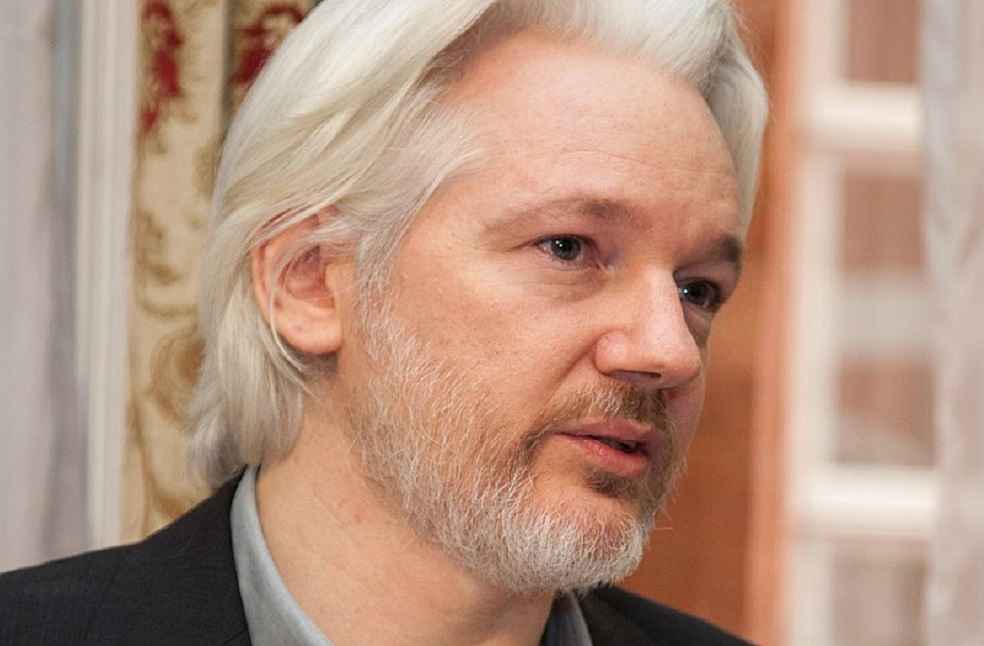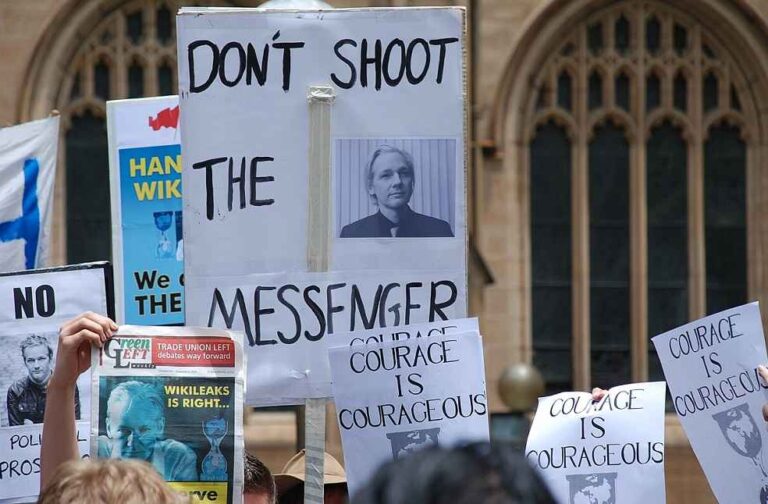London: The UK High Court will hear WikiLeaks founder Julian Assange’s last appeal against extradition to the US, where he is charged with publishing classified documents. The hearing, crucial to Assange’s years-long legal battle, could lead to his extradition if unsuccessful. Assange, detained in London since 2019, could appeal to the European Court of Human Rights next.
The US accuses Assange of espionage-related to WikiLeaks’ 2010 release of sensitive files. The case has sparked global debate over press freedom, with significant support for Assange, including from Australian Prime Minister Anthony Albanese. If extradited and convicted, Assange faces a possible 175-year sentence. The outcome of this week’s appeal is pivotal for Assange’s future.
Case Overview:
- Assange is wanted in the US for publishing classified military and diplomatic files in 2010.
- He faces 18 charges under the Espionage Act, potentially leading to 175 years in prison.
- He has lost several UK court rulings and hopes this appeal will allow him to argue his case further.
Key Points:
- This week’s two-day hearing could determine Assange’s fate.
- If unsuccessful, he will be extradited unless he appeals to European courts.
- Assange’s wife fears for his life if sent to the US due to poor health.
- Media organizations and press freedom advocates oppose his prosecution under the Espionage Act.
- The US maintains Assange conspired to obtain classified information.

Next Steps:
- High Court decision expected after Wednesday’s hearing.
- Extradition is possible if the appeal fails, with potential European court challenges.
- The outcome could set a precedent for press freedom and publisher accountability.
Additional Notes:
- Assange has been detained in a high-security London prison since 2019.
- He previously spent seven years seeking asylum in Ecuador’s embassy.
- Australian Prime Minister has called for an end to the prosecution.
Regardless of the verdict in Assange’s case, it will have a significant impact on the world, particularly on the issue of press freedom. The verdict in this case is expected to set a precedent for several critical decisions concerning the freedom of the media and the accountability of publishers.
MOST READ | Elon Musk denies selling Starlink to Russia



